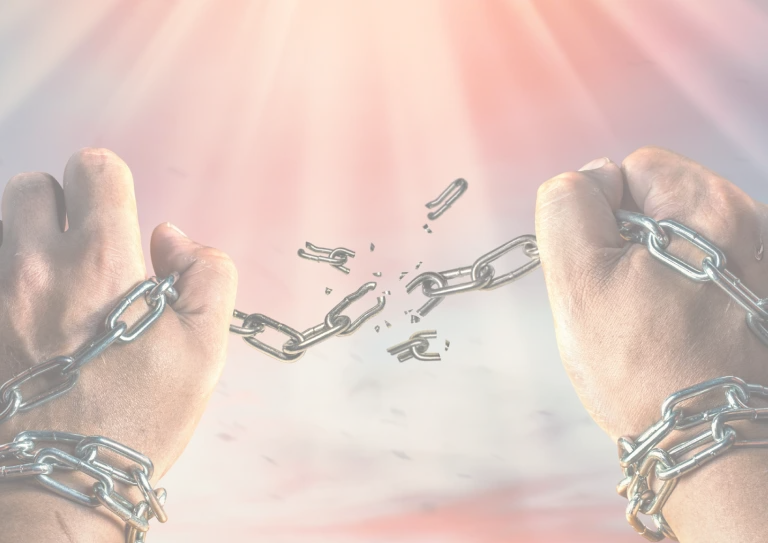
EFFECTS OF BANKRUPTCY
The most common concern among individuals filing for bankruptcy is the forfeiture of assets such as homes and vehicles. In the state of Georgia, filing for bankruptcy before a foreclosure or a repossession takes place will prevent those forfeitures and they cannot proceed without prior permission from the Bankruptcy Court. In fact, filing Chapter 13 bankruptcy can even force a creditor to return a vehicle that has already been repossessed.

Depending on the type of bankruptcy you file, the effects of bankruptcy can look quite different. In Chapter 7 bankruptcy, there is not likely to be many non-exempt assets. This means that most individuals and married couples who file Chapter 7 retain their property and discharge most, if not all, of their other debts. In Chapter 13 bankruptcy, which focuses on the reorganization of a debts, ownership of assets with significant equity, such as homes and vehicles, can almost certainly be retained.
The most notable effect of bankruptcy is that your creditors will be able to report it on your credit report for up to 10 years from the date you filed your case. While this can make it harder in the short term to secure loans and financing at favorable rates, it does not preclude you from borrowing in the future, and for this reason should be considered a small concession in the pursuit of eliminating one’s debt obligations.
You may be worried about the effect of bankruptcy on your personal and occupational life. However, pursuant to the United States Bankruptcy Code, employers cannot discriminate against those who file solely on the basis of having filed for bankruptcy.

